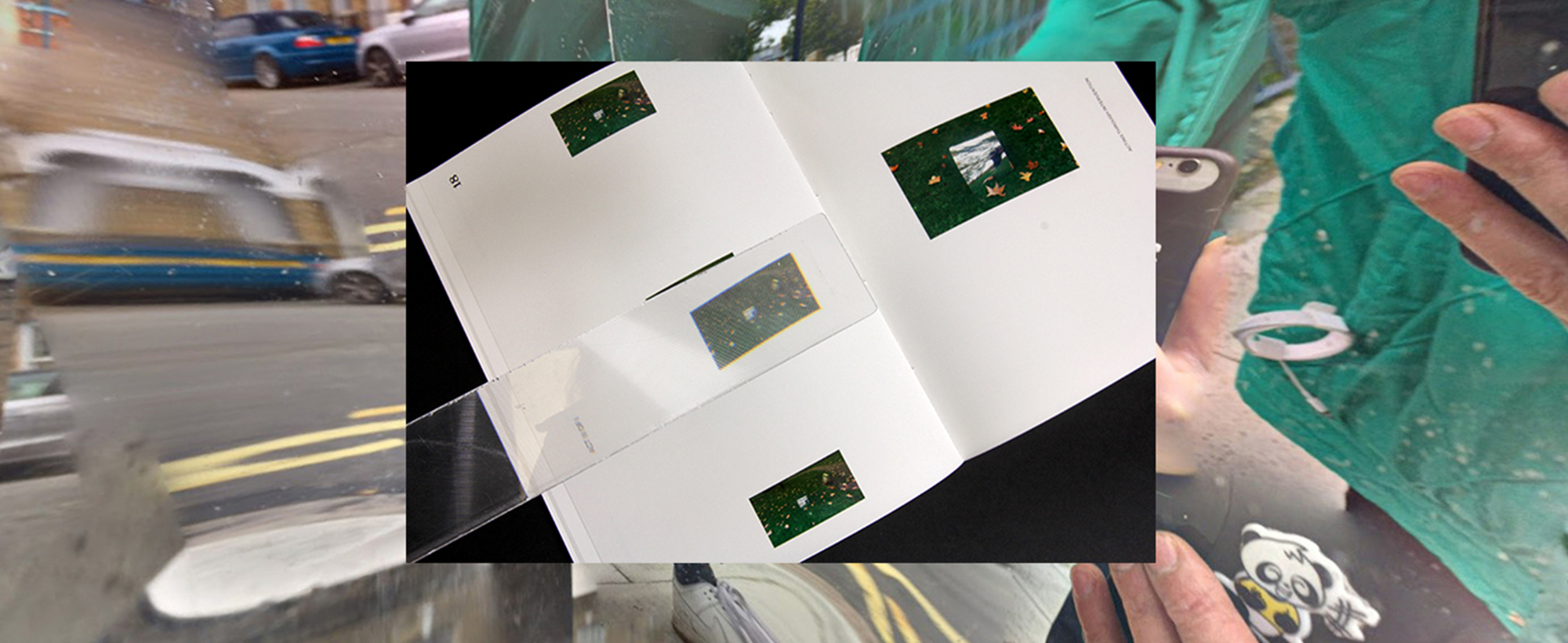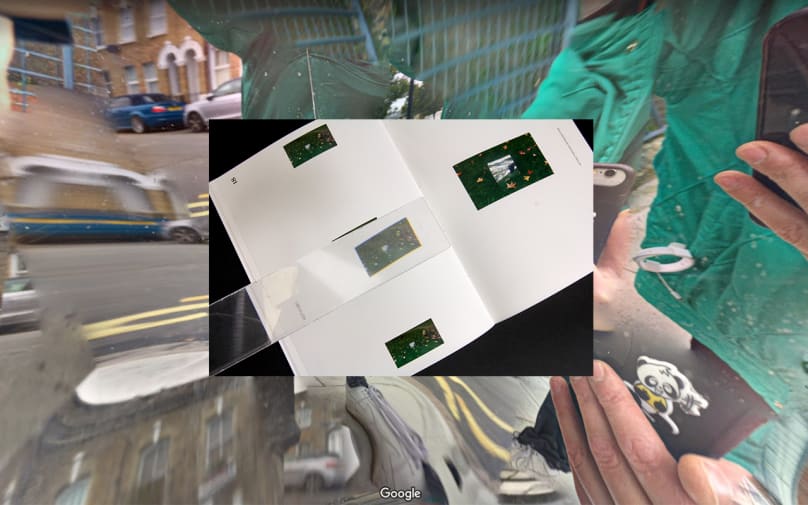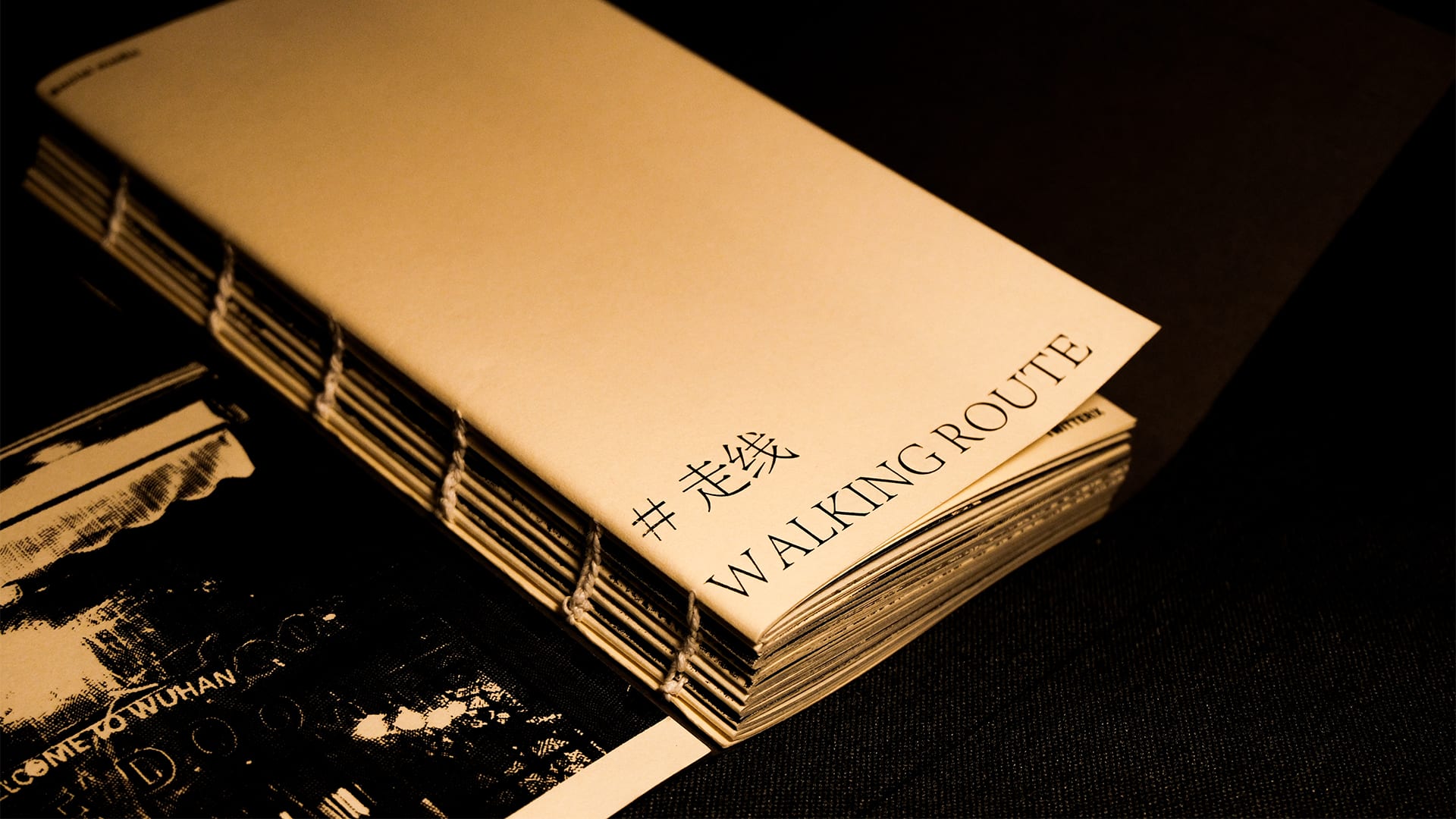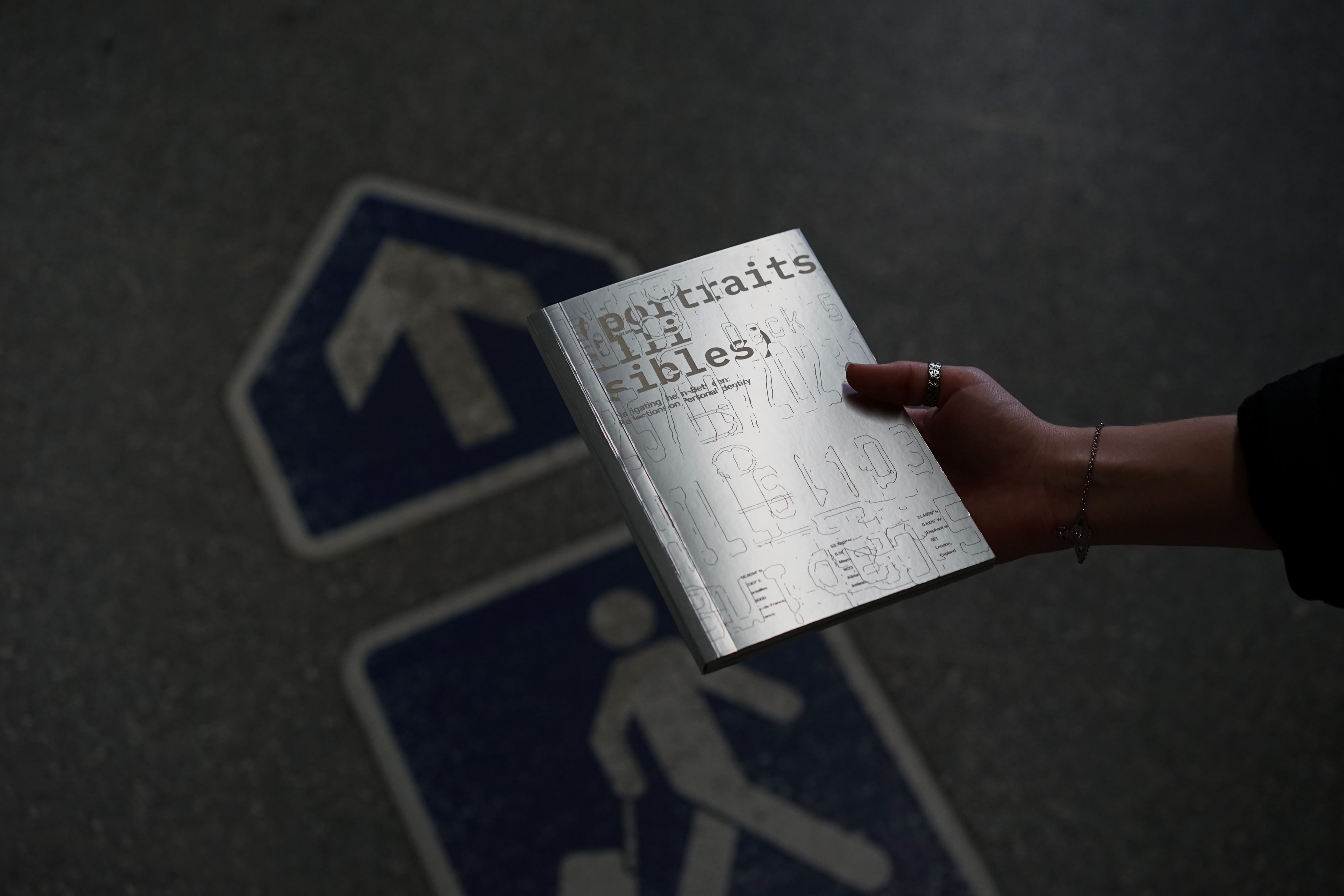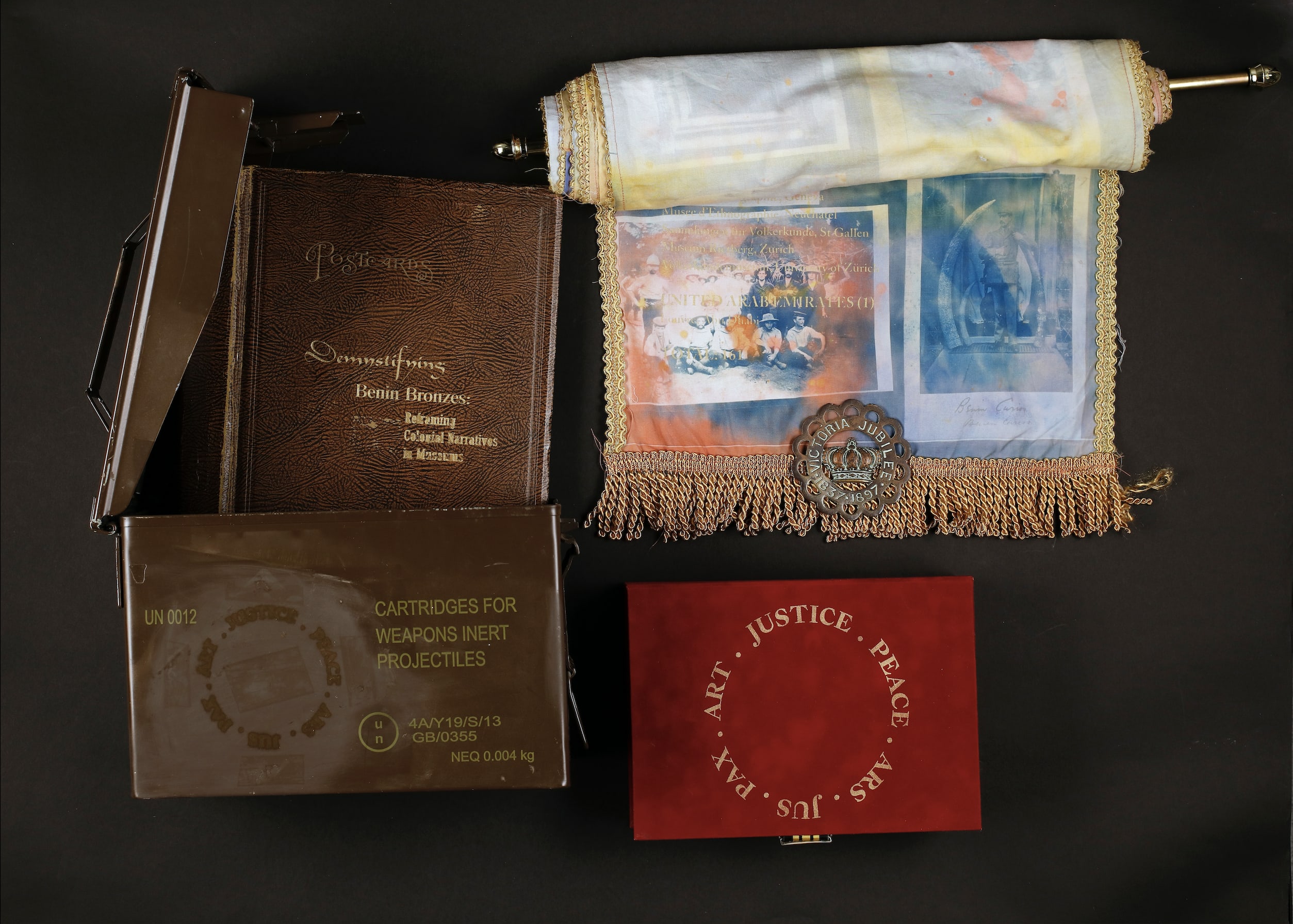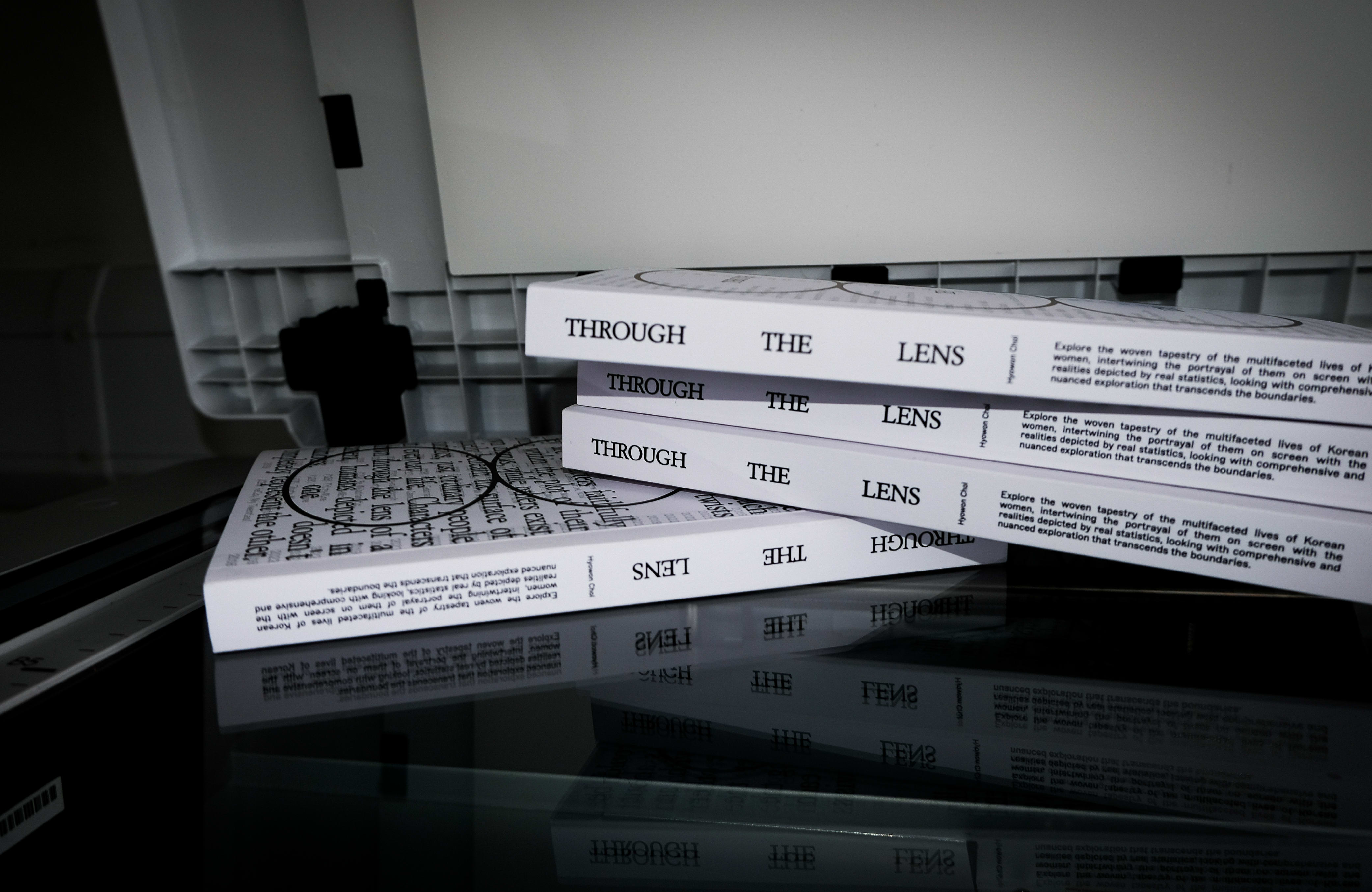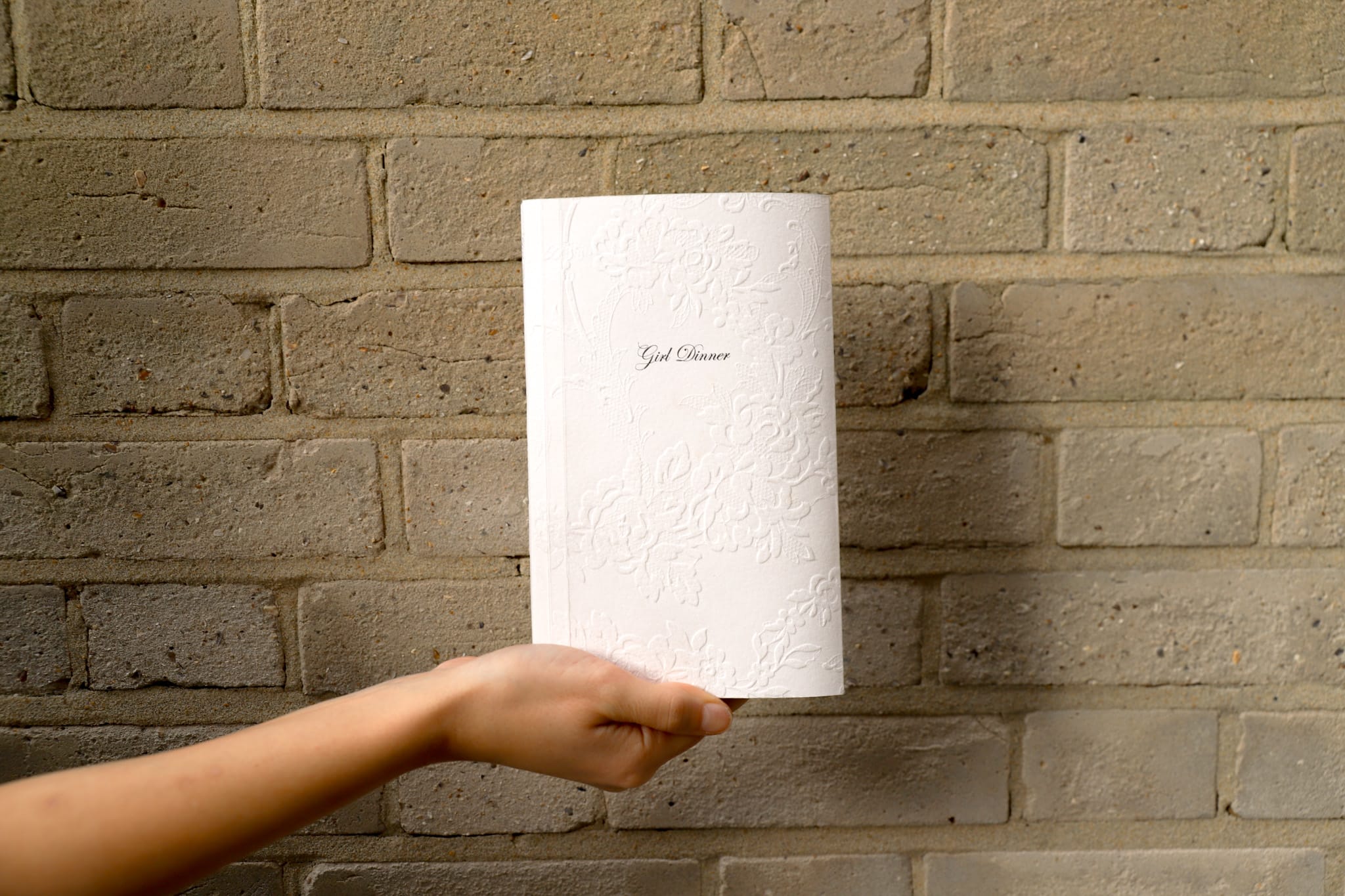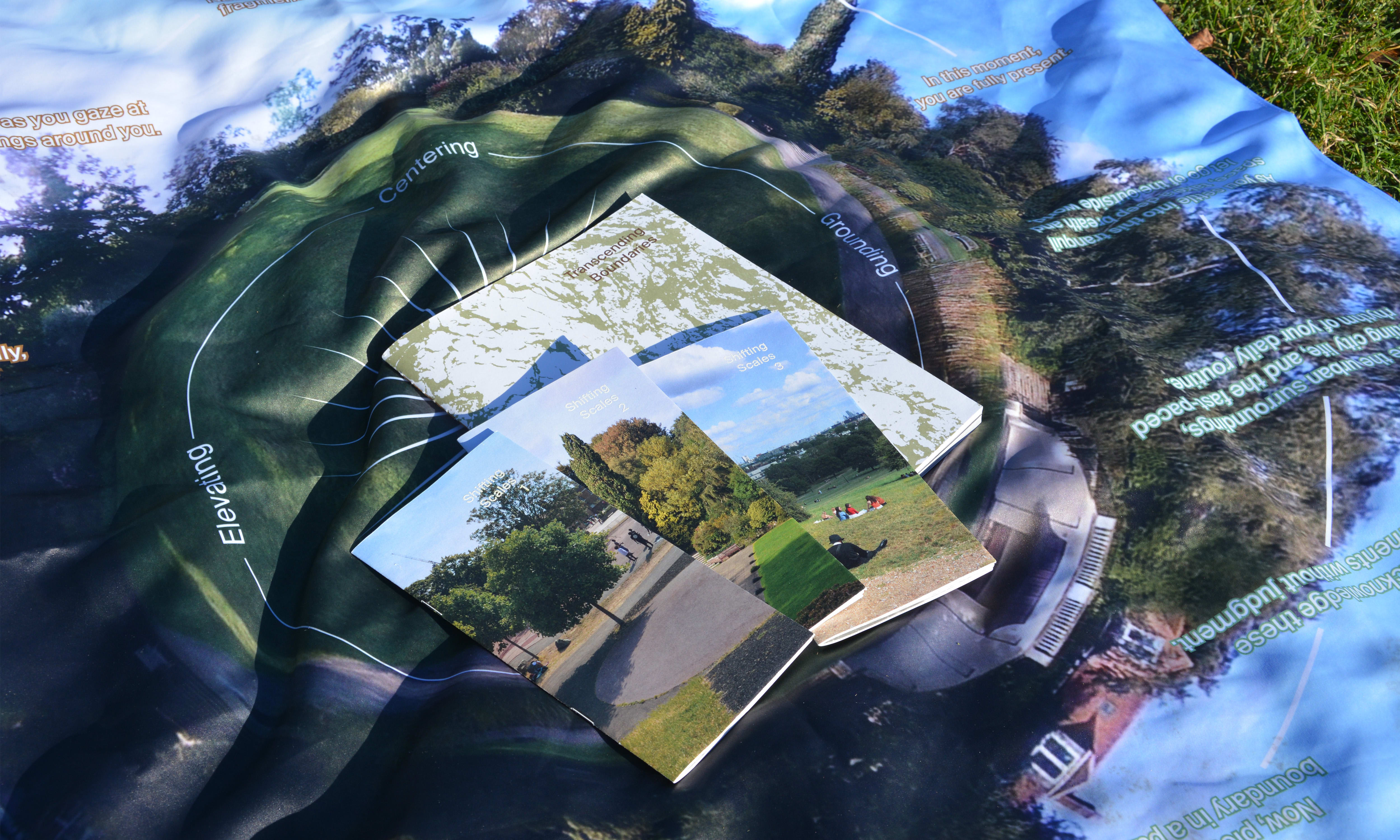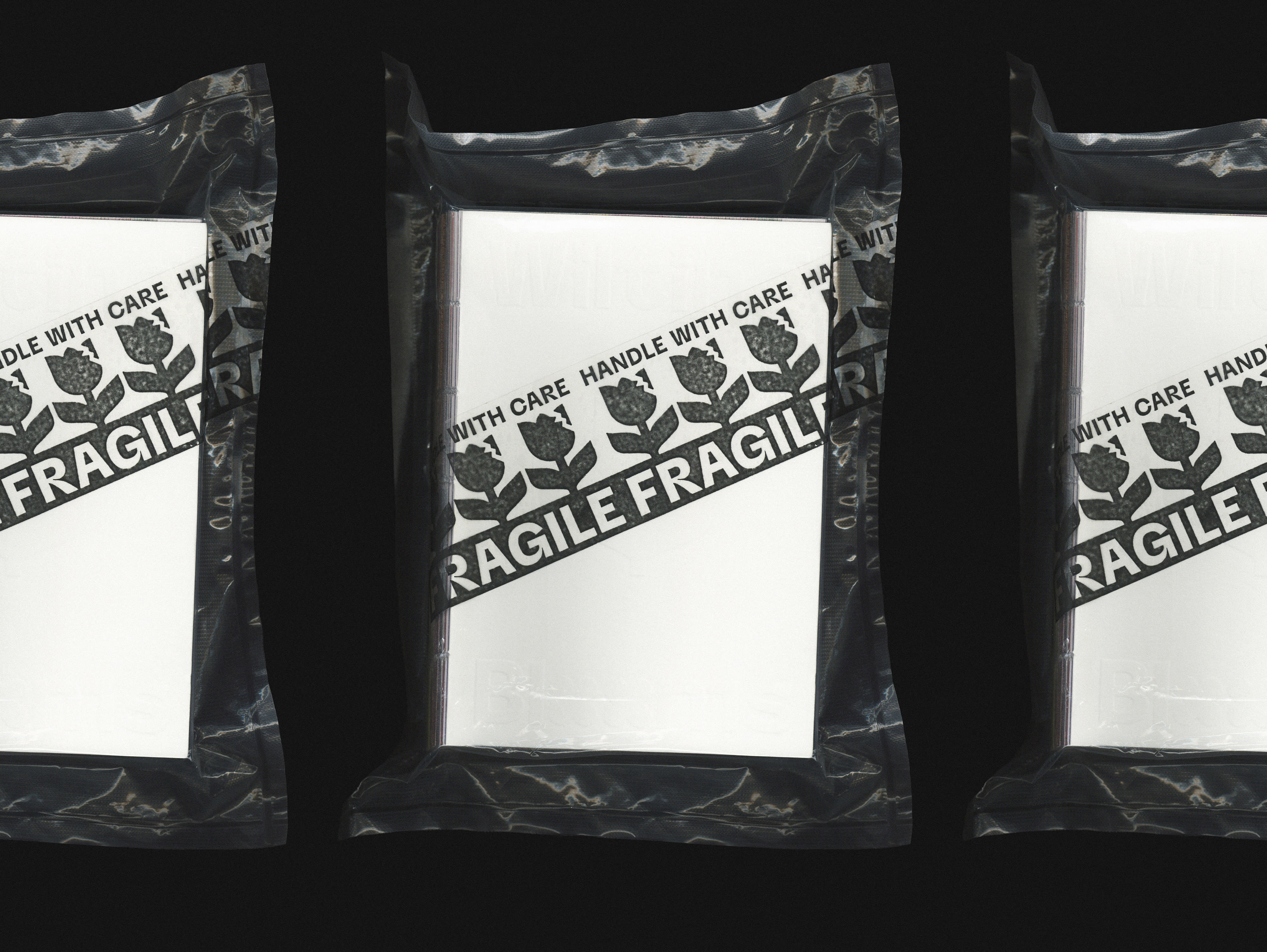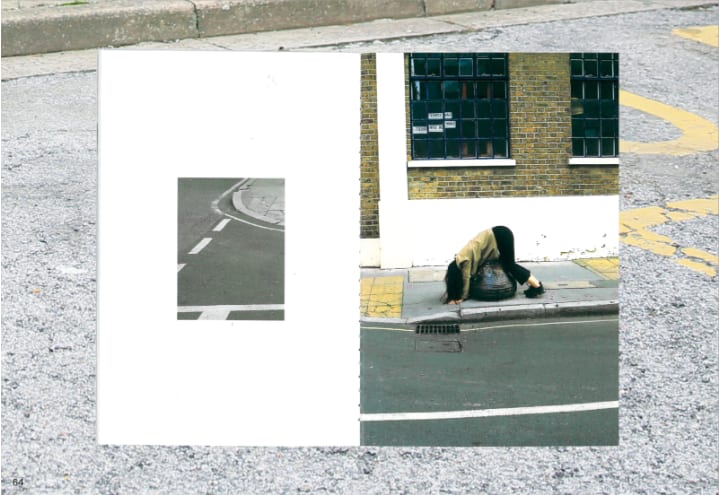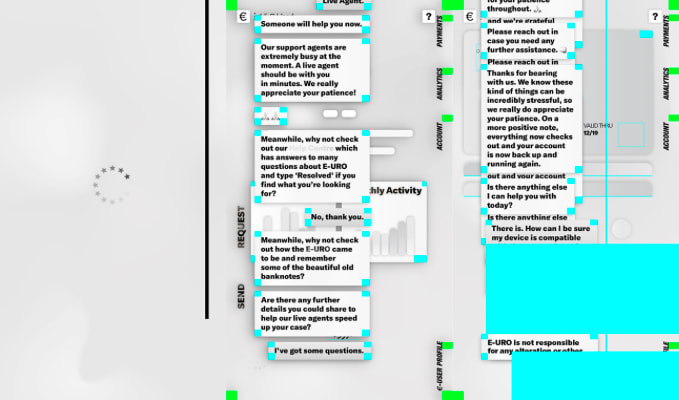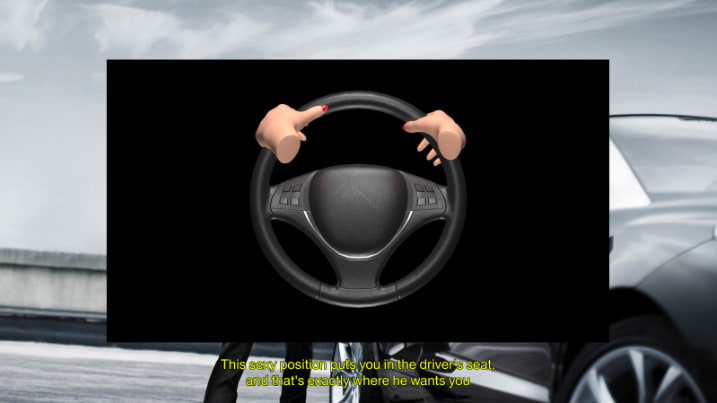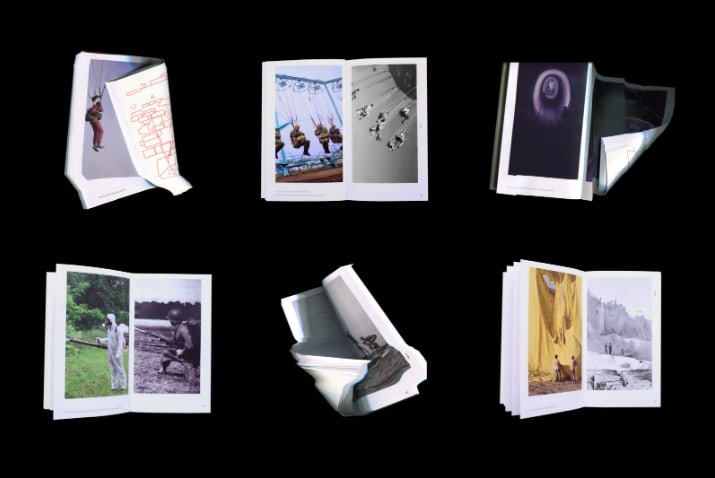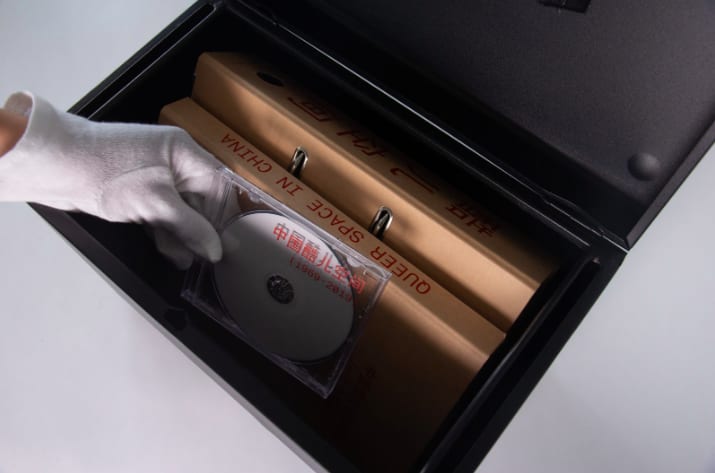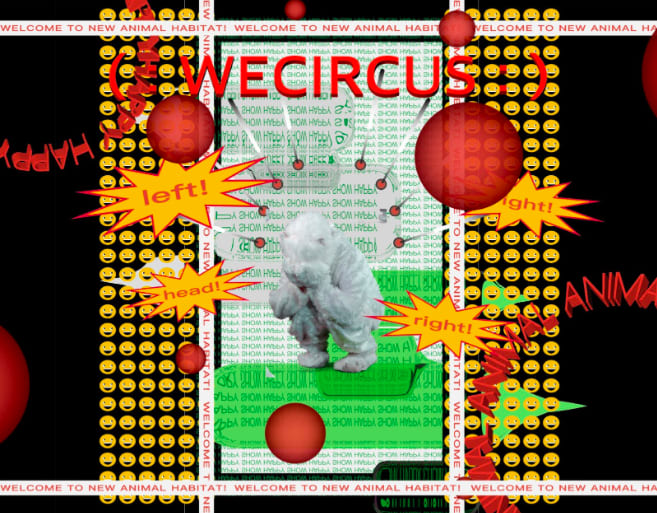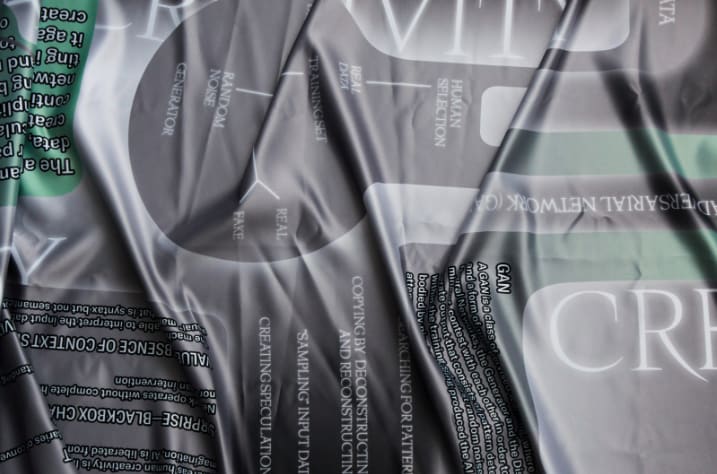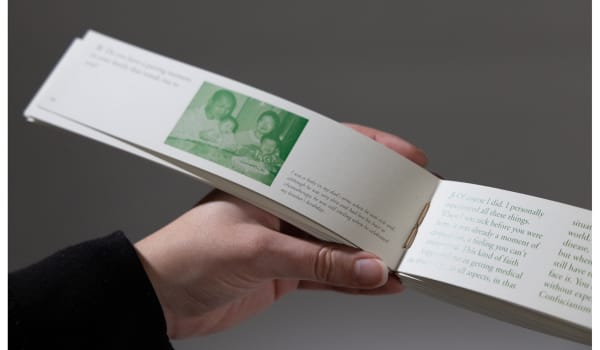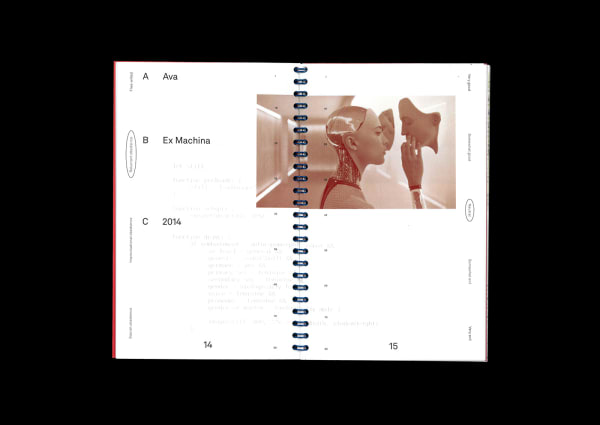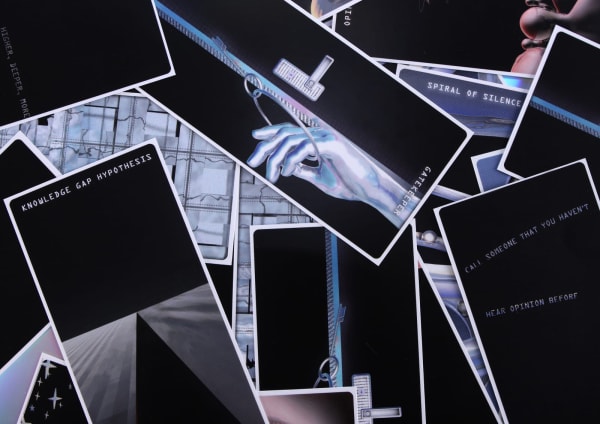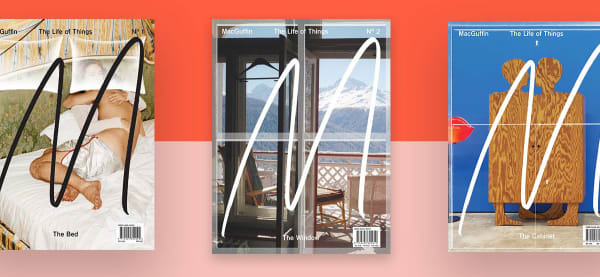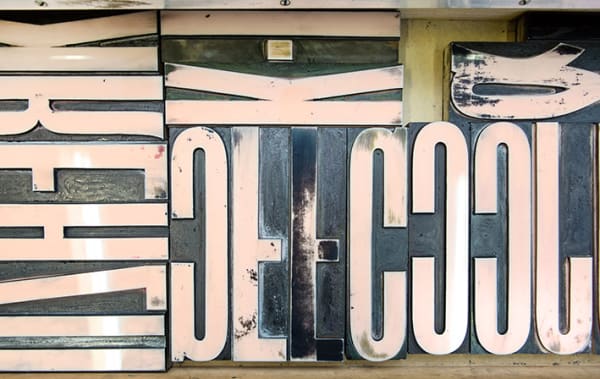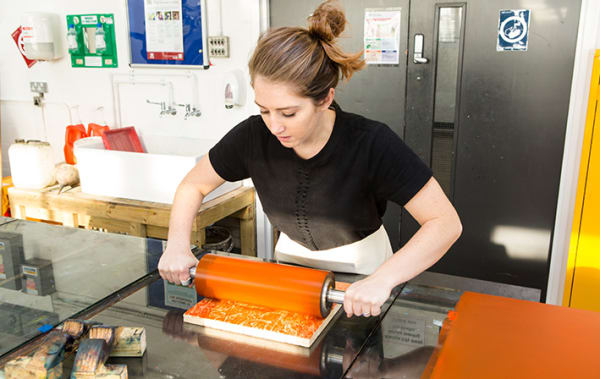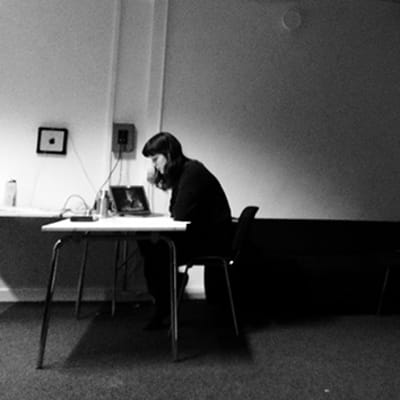Course units
We are committed to ensuring that your skills are set within an ethical framework, and we have worked to embed UAL’s Principles for Climate, Racial and Social Justice Principles into the curriculum and in everything we do.
As part of this initiative, we’ve shaped our courses around social and environmental sustainability principles that ensure learning outcomes reflect the urgent need to equip you with the understanding, skills, and values to foster a more sustainable planet. Our aim is to change the way our students think, and to empower you to work towards a sustainable future.
Autumn, Term 1
Critical Perspectives and Methodologies (60 credits)
This unit functions as an introduction to postgraduate study, critical and reflective practice, and alternative working approaches that blend graphic design practice, history and theory.
This approach is employed to build a confidence in moving past the familiar into the unknown, through close readings of the variables that shape contemporary graphic design practice. A curated lecture series, anchored by key reference material, will support the studio-based delivery.
Spring, Term 2
Collaborative Unit (20 credits)
The Collaborative Unit urges you to independently initiate opportunities to socialise your research through building relationships with key partners associated with your research agenda/s i.e. institutions, subject experts, users, commissioners, producers, fellow practitioners/researchers, etc.
These activities may take place locally or remotely, through an excellent opportunity for you to establish links with relative industry partners within the thriving design culture here in London.
Design Enquiry and Definition (40 credits)
Alongside the Collaborative Unit, you will continue establishing a hypothesis for your Major Project by testing your projects currency in varied ways through practice-led design methodologies and processes; readings and writings around your field/area of study; and ongoing critical reflection.
The products of this enquiry will feed directly into your Major Project Definition, which you will submit as part of your Design Enquiry and Definition unit submission.
Summer, Term 3
Design Enquiry and Definition (continued)
Major Project (60 credits)
Within this stage of the course, you will further your knowledge and extend your critical and professional understanding through the consolidation and realisation of the Major Project.
You are expected to produce work demonstrating a significant synthesis of research and practice drawing on the skills and knowledge acquired in the first three stages of the course.
Autumn, Term 4 Major Project (continued)
Your Major Project will demonstrate, both in content and form, your advanced understanding of graphic design practice, history and theory. You will spend this phase of your study pursuing an argued and distinct line of inquiry working towards a major output (or body of work).
This will be supported by a critical context paper and critical rationale articulating the motivations and objectives of the project acknowledging key theories, contexts, and stakeholders for the research.
